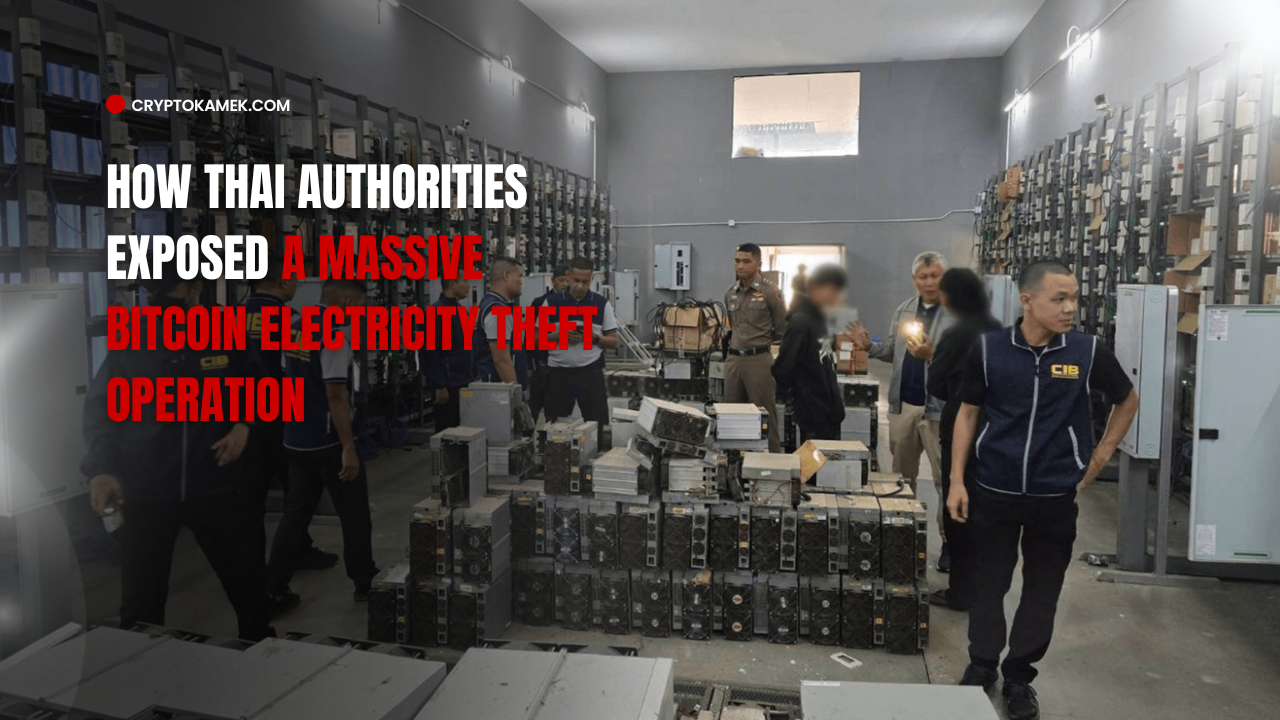

Putin Signs Law Recognizing Cryptocurrencies as Property
On November 29, 2024, a historic move unfolded in Russia when President Vladimir Putin signed a new law that officially recognizes cryptocurrencies as property. This landmark legislation marks a new chapter in Russia’s approach to digital assets, and its ripple effects could be felt not only within the country but across the global cryptocurrency market. But what exactly does this law mean for Russia, and how will it change the way cryptocurrencies are handled? Let’s dive in and break it down in simple terms.
The Big Shift: Cryptocurrencies Are Now Official Property
Before this law, cryptocurrencies in Russia were largely in a gray area. People could trade them, mine them, and even use them in some cases, but there wasn’t a clear legal framework around them. Putin’s new law changes that entirely. As of now, cryptocurrencies like Bitcoin are officially classified as property in Russia under the country’s Internal Revenue Code.
So, why does this matter? Well, recognizing cryptocurrencies as property means they’re now subject to formal taxation and regulation. This opens up new opportunities, both for businesses and individual crypto traders. Russia is now setting the stage to regulate how cryptocurrencies are used in the country, and potentially boost its standing in the global crypto market.
The Law’s Key Points: What You Need to Know
So, what exactly does the new law say? Here’s a breakdown of the most important provisions:
- Cryptos as Property: Cryptocurrencies are now officially recognized as property. This allows them to be taxed and regulated, making it easier for the government to track crypto transactions and ensure compliance.
- Mining Gets a Break: One of the most interesting parts of this law is the VAT exemption on cryptocurrency mining. This means that miners won’t have to pay value-added tax (VAT) on their mining operations. Why is this important? Well, this tax exemption makes mining cryptocurrencies in Russia more profitable, potentially bringing in more mining businesses and helping the sector grow.
- Progressive Taxation for Crypto Traders: The law introduces a progressive taxation system for individual crypto traders. Here’s how it works:
- If you earn up to 2.4 million rubles (around $22,600) from trading cryptocurrencies, you’ll pay a 13% tax on that income.
- For earnings above that, the tax rate increases to 15%.
- Corporate Tax Rates for Miners: For businesses involved in crypto mining, a standard corporate tax rate of 25% will apply starting in 2025. While this tax rate might seem high, it’s still clear and predictable, which can make it easier for companies to plan their operations.
- Reporting Requirements: The law also introduces specific reporting requirements for cryptocurrency mining operators. These operators will need to report their user data to the tax authorities. If they fail to comply, they could face fines of up to 40,000 rubles (around $380). This part of the law is all about making the sector more transparent and ensuring everyone follows the rules.
What Does This Mean for Russia’s Economy?
The new law is more than just a piece of legislation—it could have far-reaching consequences for Russia’s economy. Here are a few of the key benefits Russia hopes to see:
- Boosting International Transactions: One of the main goals of this law is to make it easier for Russian businesses to use cryptocurrencies in international transactions. Given the growing sanctions and restrictions on Russian businesses in traditional financial systems, this new law could serve as a lifeline. With the ability to use digital currencies like Bitcoin, Russia’s businesses might be able to bypass some of the hurdles they face with foreign currencies and traditional banking systems.
- Attracting Investment: The law is also likely to make Russia a more attractive place for investment in the cryptocurrency sector. By providing clear and predictable regulations, the government is sending a message to both domestic and international investors that Russia is serious about the future of digital currencies. This could mean more capital flowing into the country, which could help the crypto sector—and the broader Russian economy—grow.
A Step Toward Global Integration
Russia isn’t alone in recognizing the importance of regulating cryptocurrencies. Around the world, more and more countries are beginning to see the value of setting up clear frameworks for digital assets. Russia’s new law aligns with a growing global trend where nations are finding ways to integrate cryptocurrencies into their financial systems.
Before this law, Russia had already taken some steps toward regulating digital assets. Back in August 2024, Putin signed legislation that legalized cryptocurrency mining—but only for registered entities. This earlier move set the stage for the current law, which builds on those guidelines and establishes a more comprehensive approach to cryptocurrencies.
The Road Ahead: What’s Next?
While the law brings a lot of opportunities, it also presents some challenges. One of the biggest hurdles will be ensuring that smaller mining operations can comply with the new reporting requirements. Not every miner has the resources to manage detailed reporting and tax obligations, so there could be some growing pains as the industry adjusts to the new rules.
Additionally, cryptocurrencies are still evolving rapidly. The technology behind them is constantly changing, and so are the ways people use them. This means that the law might need to be updated in the future to keep up with these developments. It’s likely that we’ll see more changes as both the crypto market and the regulatory environment continue to evolve.
The Economic Impact: Could This Help Russia’s Financial Struggles?
Experts are optimistic that the new cryptocurrency regulations will help boost Russia’s economy. The government is counting on cryptocurrency activities to bring in significant tax revenues, which could be especially helpful given the country’s ongoing economic challenges. By fostering innovation and growth in the digital asset space, Russia hopes to strengthen its economy and reduce some of the pressure it faces from global sanctions.
The government’s bet is that, over time, the crypto sector will become a major contributor to Russia’s financial system. With clear rules and incentives for miners and traders, it’s possible that this sector could grow into a key player in the broader economy.
Conclusion
The signing of this new law by Putin is a major milestone for Russia. By officially recognizing cryptocurrencies as property, the country is laying the groundwork for a robust digital asset economy. This legislation will not only help facilitate international trade but also give Russia a competitive edge in the global cryptocurrency market.
As the world of cryptocurrencies continues to evolve, Russia’s new legal framework could serve as a model for other countries looking to integrate digital assets into their economies. However, this is just the beginning. With new challenges ahead and the need for ongoing adjustments, Russia’s journey in the world of cryptocurrencies is far from over. But one thing is clear: Russia is positioning itself to be a serious player in the future of digital currencies.






